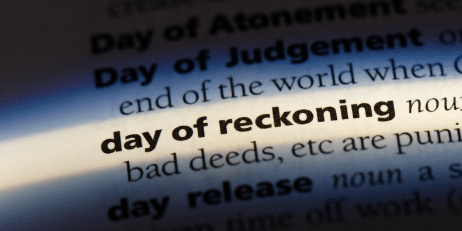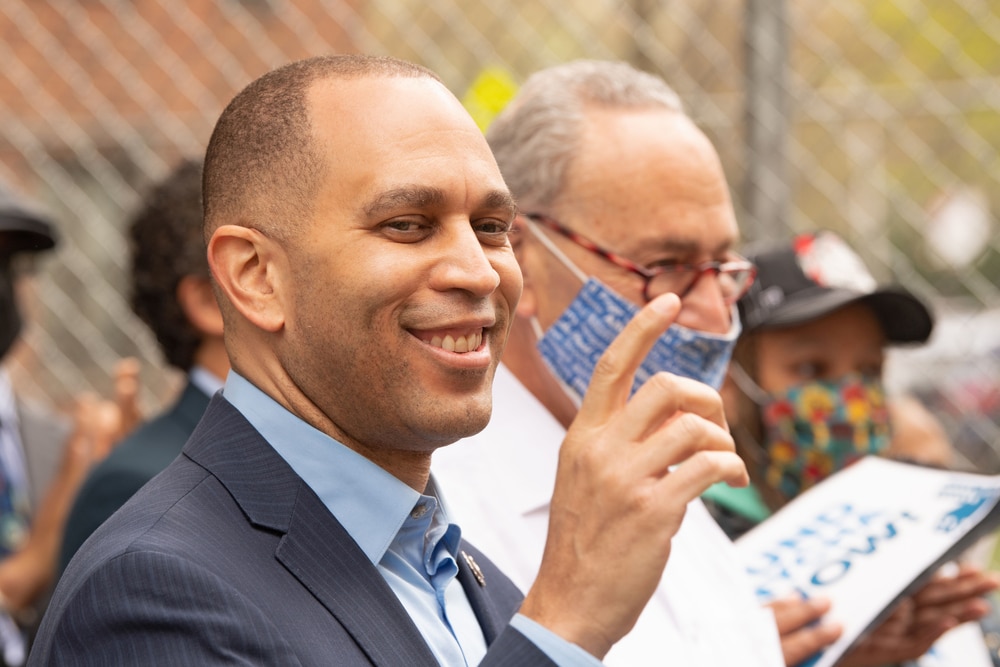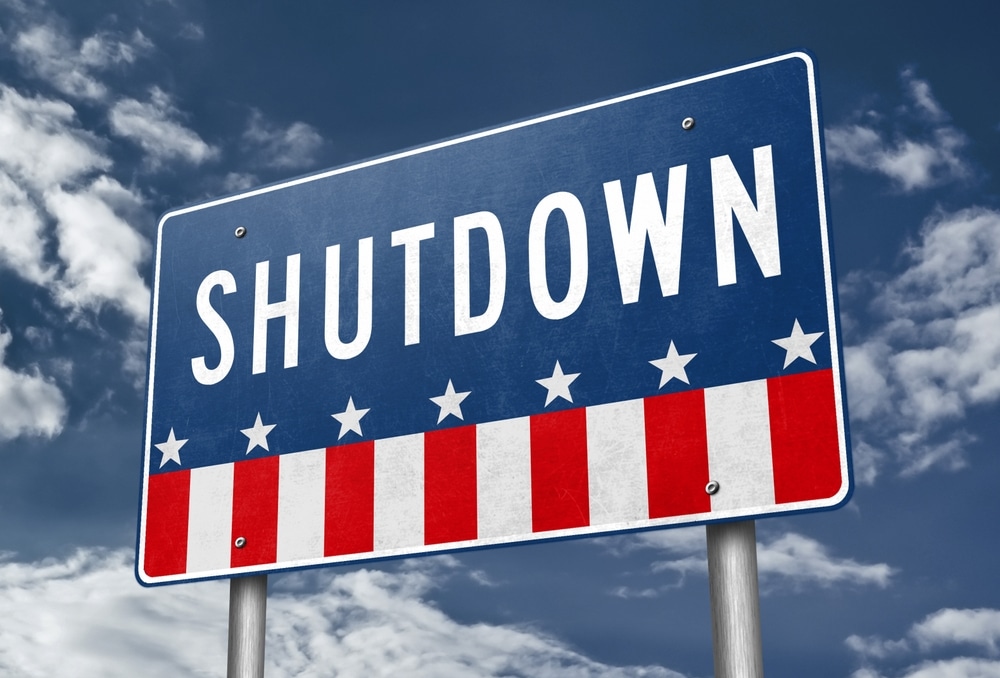
Why America’s Working Class is Turning Right: A 2024 Reckoning
In a seismic shift, the 2024 election saw a surge in working-class support for Donald Trump, catapulting him back to the White House and shaking the political establishment to its core. This isn't just a fleeting realignment or a protest vote against elite neglect; it’s a populist reckoning that’s been building for years, fueled by economic disenfranchisement, cultural alienation, and a desperate need for leadership that prioritizes American workers over abstract progressive ideals.
Take Fall River, Massachusetts—a gritty, working-class city that hadn’t backed a Republican presidential candidate in a century. But in 2024, they did. For decades, Democrats won 70-75% of the vote in Fall River, a sure thing. Now, that stronghold is crumbling, and it’s not just about party lines. It’s about class.
The New Politics of Class
We’re witnessing a broader, global shift toward a “politics of class,” explains William Galston of the Brookings Institution. Education is a defining line. Voters without a college degree swung overwhelmingly for Trump, while those with degrees leaned left. But this trend goes beyond education; it’s about recognizing that America’s working class feels politically homeless. In 2024, 63% of Americans without a college education backed Trump, along with a majority of voters in households earning between $30,000 and $99,000 per year—the backbone of America. The Democrats’ self-proclaimed “pro-worker” stance didn’t cut it, not when paychecks keep shrinking and everyday costs keep soaring.
Vice President Kamala Harris found her strongest support among America’s wealthiest and poorest, the latter making less than $30,000 per year. The working class, however, didn’t buy into her promises. Among white working-class women, Harris’s message missed the mark completely—they voted for Trump by large margins, shattering the stereotype that women vote as a single bloc.
A Party Divided, a Class Ignored
Many within the Democratic ranks admit this was a defeat of their own making. Senator Bernie Sanders bluntly pointed out, "It should come as no great surprise that a Democratic Party which has abandoned working-class people would find that the working class has abandoned them." Other Democratic leaders echoed Sanders’s frustrations. They acknowledged that instead of addressing the economic and cultural issues hitting Americans hardest, they overfocused on ideological crusades that resonate little with people worried about making ends meet.
Gabriel Sanchez of the University of New Mexico highlighted the fact that working-class Latino men, who’ve often stayed on the Democratic side, have been vocal about one issue above all others for three elections: the economy. Instead of empty gestures, they want tangible, meaningful economic relief. Trump and J.D. Vance understood this, speaking to men across racial and economic lines in a way that said, “We see you. You matter.” The Democrats’ playbook, centered on Trump’s flaws rather than real solutions to economic pain, left a void that populist messaging filled easily.
A Vote for Hope, Not Fear
This election wasn’t a simple rejection of progressive rhetoric; it was a cry for help from Americans still suffering in an economy that serves Wall Street before Main Street. When pandemic-induced lockdowns devastated small businesses, the political elite found ways to bail out their favored corporations. Main Street got breadcrumbs. During this election, voters remembered that betrayal. They aren’t looking for moral lectures—they’re looking for relief.
While some may write off Trump’s win as a flash in the pan, the data suggests this is far from over. The 2024 outcome might seem narrow on paper, but don’t let that fool you. This movement has teeth. If Republicans follow through on their economic promises, their relationship with working-class voters might just turn into a lasting alliance, one that Democrats, even with a postmortem shift in strategy, may struggle to disrupt.
What's Next?
The working class has sent a loud, unignorable message. They’re tired of empty promises, tired of a cost of living that outpaces their wages, and tired of being used as pawns in political games. This isn’t just a class revolt; it’s a demand for a realignment of America’s priorities.
As we head into the coming economic uncertainties, the question remains: will the Republicans deliver on the promises they’ve made? Can they truly shift America’s economic structure to favor its workers over its financiers? Time will tell, but voters aren’t likely to forget this realignment anytime soon.
For those who are watching, uncertain of where to place their trust, it’s never been more critical to think about how to protect your own wealth in an unstable world. Don’t let a party line define your future. Take control. Download our free guide, "7 Steps to Protect Your Account from Bank Failure" and get started today.
For even deeper insights, join Bill Brocius’ Inner Circle newsletter for just $19.95. It’s your direct line to economic truths you won’t hear from the mainstream, only from those who know where this financial ride is really headed.










